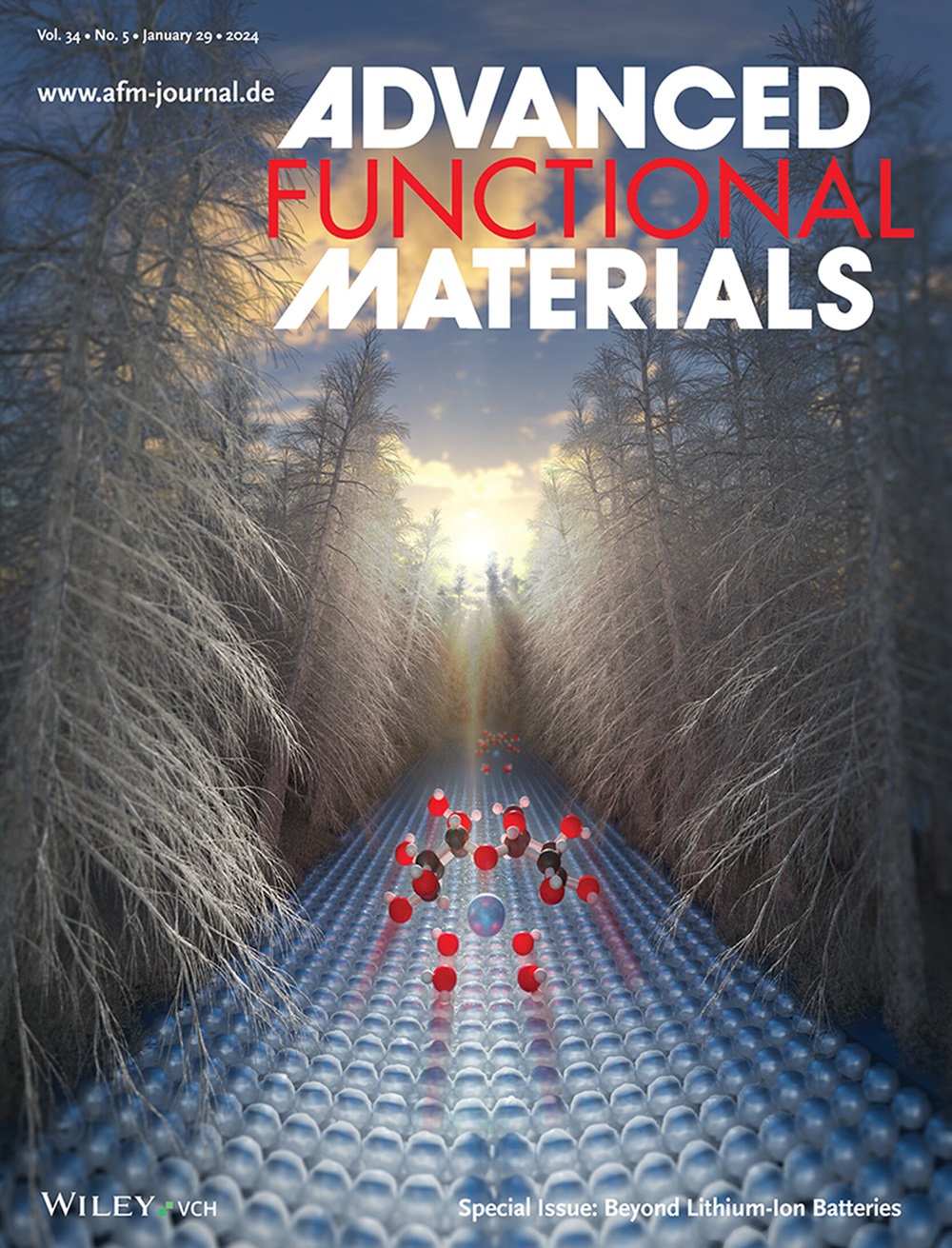利用合成生物学从电子废物中可持续回收关键金属材料
IF 19
1区 材料科学
Q1 CHEMISTRY, MULTIDISCIPLINARY
引用次数: 0
摘要
电子垃圾(E - waste)的快速增长使其成为全球增长最快的废物流,其中含有稀土元素、贵金属和关键原材料的宝贵储量。虽然传统的热法和湿法冶金工艺在当前的回收实践中占主导地位,但它们的耗能操作和对有毒试剂的依赖引起了严重的生态问题。合成生物学为基础的生物修复提供了一个很有前途的选择,利用转基因微生物进行选择性生物浸出、生物吸附和生物积累。代谢途径工程和合成基因电路的前沿进展显著改善了微生物的能力,实现了更高的金属选择性,增强了对酸性条件的耐受性,以及在复杂的电子废物基质中更快的回收动力学。然而,在工业条件下维持微生物群落的稳定性、实现多金属废物流的相选择性提取以及扩大连续生物反应器的运行规模方面,仍然存在关键的瓶颈。这篇综述系统地评估了用于电子废物回收的微生物底盘的进展,重点是基因组编辑工具和酶优化。进一步提出了一种结合蛋白质工程、自适应实验室进化和混合生物电化学系统反应器的协同框架,以克服现有的局限性。实施这些工程生物系统可以改变城市采矿实践,通过有效的金属回收和资源再利用来支持循环经济目标。本文章由计算机程序翻译,如有差异,请以英文原文为准。
Harnessing Synthetic Biology for Sustainable Recovery of Critical Metal Materials from Electronic Waste
The rapid expansion of electronic waste (E‐waste) has positioned it as the fastest‐growing waste stream globally, containing valuable reserves of rare earth elements, precious metals, and critical raw materials. While conventional pyro‐ and hydrometallurgical processes dominate current recycling practices, their energy‐demanding operations and reliance on toxic reagents raise substantial ecological concerns. Synthetic‐biology‐based bioremediation offers a promising alternative, utilizing genetically modified microorganisms for selective bioleaching, biosorption, and bioaccumulation. Cutting‐edge advances in metabolic pathway engineering and synthetic gene circuits have significantly improved microbial capabilities, enabling higher metal selectivity, enhanced tolerance to acidic conditions, and faster recovery kinetics in complex E‐waste matrices. Nevertheless, critical bottlenecks persist in maintaining microbial consortia stability under industrial conditions, in achieving phase‐selective extraction from polymetallic waste streams, and scaling up continuous bioreactor operations. This review systematically evaluates advancements in microbial chassis for E‐waste recycling, focusing on genome editing tools and enzyme optimization. A synergistic framework combining protein engineering, adaptive laboratory evolution, and hybrid bioelectrochemical system reactors is further proposed to overcome existing limitations. Implementing these engineered biological systems can transform urban mining practices, supporting circular economy goals through efficient metal recovery and resource reuse.
求助全文
通过发布文献求助,成功后即可免费获取论文全文。
去求助
来源期刊

Advanced Functional Materials
工程技术-材料科学:综合
CiteScore
29.50
自引率
4.20%
发文量
2086
审稿时长
2.1 months
期刊介绍:
Firmly established as a top-tier materials science journal, Advanced Functional Materials reports breakthrough research in all aspects of materials science, including nanotechnology, chemistry, physics, and biology every week.
Advanced Functional Materials is known for its rapid and fair peer review, quality content, and high impact, making it the first choice of the international materials science community.
 求助内容:
求助内容: 应助结果提醒方式:
应助结果提醒方式:


